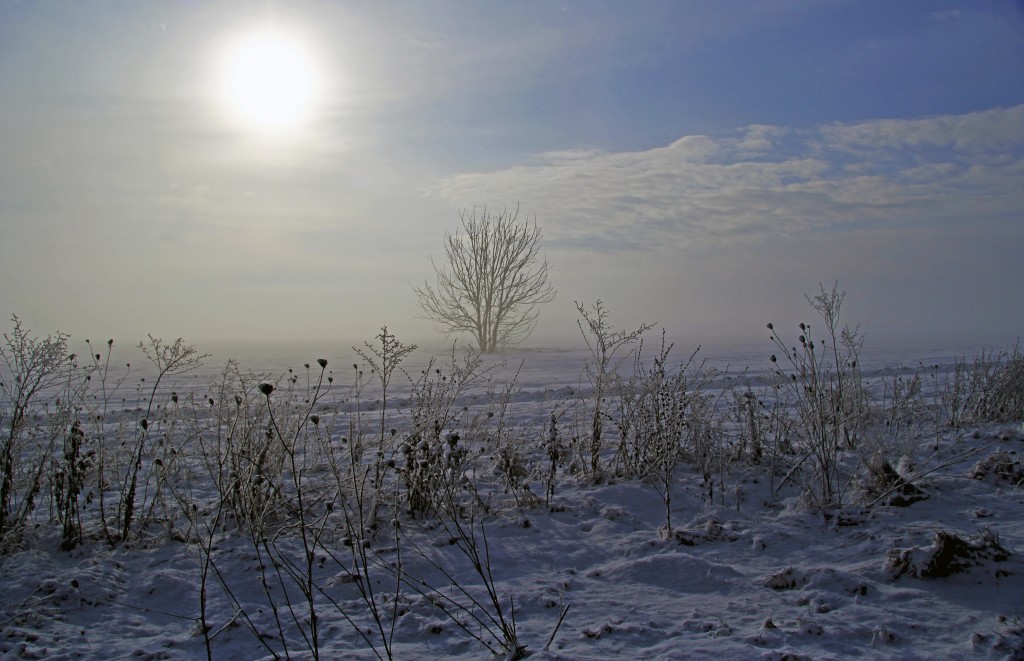(Originally published in MercySong E-news, Issue No. 10. To read more, click here)
I have to admit, with the long hours getting the new book ready for press on a tight deadline, traveling, and keeping everything else at the Ministry running, we’re all more than a bit frazzled here! And I know that, like so many others, I have deep concerns about what’s happening in the world right now and am facing difficulties in my own life as well.
Sometimes things just seem overwhelming — heavy with a weight that could crush if one falters. And has anyone else felt ready for bed at dinnertime? The days are literally darker and darker, which can add to the gloomy feeling that sometimes overshadows us when we’re suffering in some way, or when the world seems troubled on all sides.
And then comes this season, pregnant with hope, quiet with expectation.
The fact is, this is the perfect time to sit in the silence, be at peace in the darkness, and focus on the Christ-life within us. No matter our struggles or the turmoil of the world around us, Love is at work in us — and, through us, Love infiltrates the weary world. There is an especially profound connection between our reception of Holy Communion, the “Fiat” of Mary that led to Christ taking flesh in her womb, and the invitation to allow Advent to be a time for the Christ-life to grow in us, changing and forming us, even — and sometimes necessarily — in the darkness.
I was just re-reading pieces of one of my favorite books, and realized there is nothing better I can give you than some excerpts from it. It is a perfect, simple pathway through Advent, and provides some much-needed encouragement and inspiration to enter into this season with peace and expectancy! Pour a cup of coffee or tea, and take a few minutes to soak in the wisdom of the wonderful Caryll Houselander:
—————————————————————————————
“Advent is the season of the secret, the secret of the growth of Christ, of Divine Love growing in silence. It is the season of humility, silence, and growth. For nine months Christ grew in His Mother’s body. By His own will she formed Him from herself, from the simplicity of her daily life. She had nothing to give Him but herself. He asked for nothing else.
 She gave Him herself.
She gave Him herself.
This time of Advent is absolutely essential to our contemplation too. If we have truly given our humanity to be changed into Christ, it is essential to us that we do not disturb this time of growth. It is a time of darkness, of faith. We shall not see Christ’s radiance in our lives yet; it is still hidden in our darkness; nevertheless, we must believe that He is growing in our lives; we must believe it so firmly that we cannot help relating everything, literally everything, to this almost incredible reality. This attitude it is which makes every moment of every day and night a prayer. …
We ought to let everything grow in us, as Christ grew in Mary. And we ought to realize that in everything that does grow quietly in us, Christ grows. We should let thoughts and words and songs grow slowly and unfold in darkness in us. …
There are things that refuse to be violated by speed, that demand at least their proper time of growth; you can’t, for example, cut out the time you will leave an apple pie in the oven. If you do, you won’t have an apple pie. If you leave a thought, a chance word, a phrase of music, in your mind, growing and cherished for its proper season, you will have the wisdom or peace or strength that was hidden in that seed. In this contemplation there is great virtue in practising patience in small things until the habit of Advent returns to us.
… [W]e need the season of Advent; we need it in suffering, in joy, and in thought. We need it in everything that is to bear fruit in our lives. People sometimes get disheartened because they have read that suffering ennobles and have met people who seem to have come out of the crucible like pure silver, made beautiful by suffering; but it seems to them that in their own case it is quite the opposite. They find that, however hard they try not to be, they are irritable; that astonishing stabs of bitterness afflict them, that far from being more sympathetic, more understanding, there is a numbness, a chill on their emotions: they cannot respond to others at all; they seem not to love anyone any more; and they even shrink from, and dread the very presence of, those who are compassionate and who care for them.They say that in their case suffering is certainly a failure.

The truth is that they are too impatient to wait for the season of Advent in sorrow to run its course; a seed contains all the life and loveliness of the flower, but it contains it in a little hard black pip of a thing which even the glorious sun will not enliven unless it is buried under the earth. There must be a period of gestation before anything can flower. If only those who suffer would be patient with their early humiliations and realize that Advent is not only the time of growth but also of darkness and hiding and waiting, they would trust, and trust rightly, that Christ is growing in their sorrow, and in due season all the fret and strain and tension of it will give place to a splendour of peace.
If Christ is growing in us, if we are at peace, recollected, because we know that however insignificant our life seems to be, from it He is forming Himself; if we go with eager wills, “in haste,” to wherever our circumstances compel us, because we believe that He desires to be in that place, we shall find that we are driven more and more to act on the impulse of His love. …
It is only necessary to give ourselves to that life, all that we are, to pray without ceasing, not by a continual effort to concentrate our minds but by a growing awareness that Christ is being formed in our lives from what we are. We must trust Him for this, because it is not a time to see His face, we must possess Him secretly and in darkness, as the earth possesses the seed. We must not try to force Christ’s growth in us, but with a deep gratitude for the light burning secretly in our darkness, we must fold our concentrated love upon Him like earth, surrounding, holding, and nourishing the seed.”
From: The Reed of God, Caryll Houselander
(Available here)


